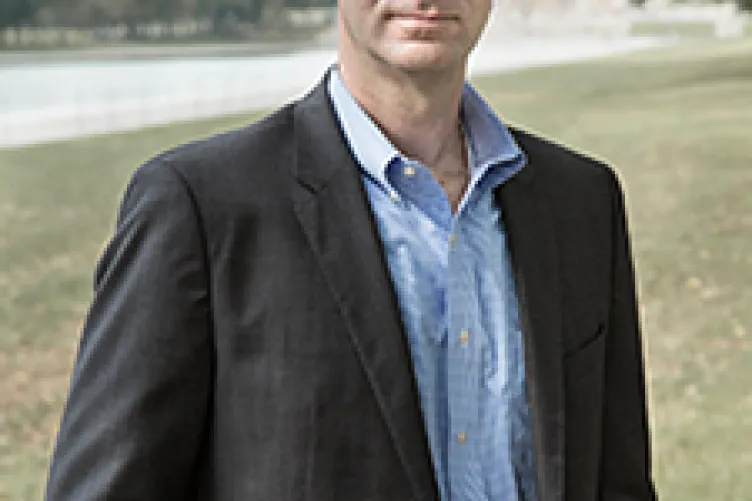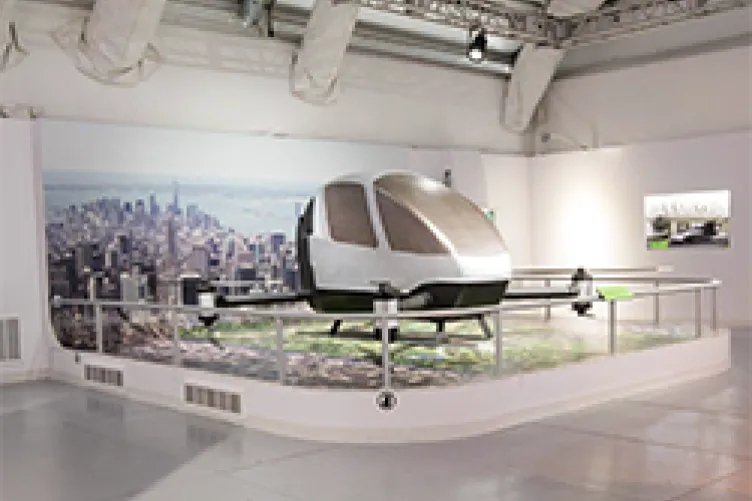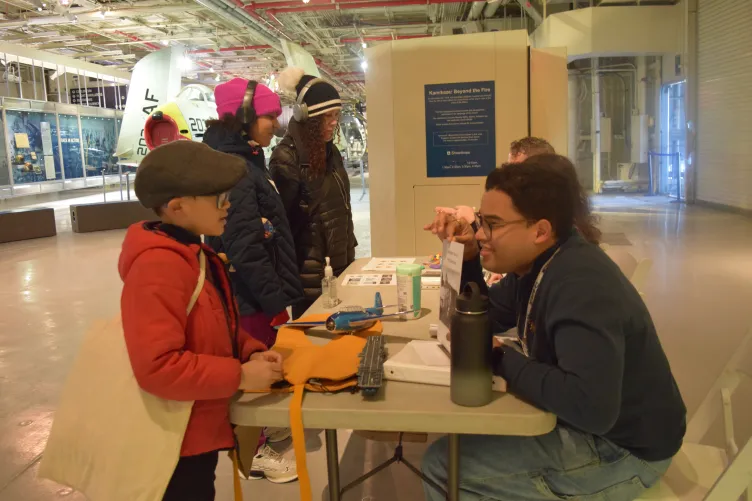
Dr. Peter Warren Singer is a futurist and political scientist at the New America Foundation, an editor at Popular Science magazine and an award-winning author. On October 18, he moderated a panel at the Museum called Welcome to the Future, which assembled leaders and visionaries to discuss technological advancements and the questions they raise.
We sat down with Dr. Singer to talk more about the impact of tech on society.
Tell us more about your role as a futurist and what sparked your interest in the industry.
All of us are futurists of a sort. Whatever industry we work in, we make assumptions and decisions about the future. This is true whether you do training, buying, budgeting, strategy, you name it.
What I try to do is identify the key trends, the key forces, that are emerging today and likely to be major change agents shaping tomorrow.
Your recent panel at the Museum explored the impact of new technologies on society. What kind of technologies excite you the most that we can look forward to in the next few years?
What matters most are the technologies that go by various catchphrases: “revolutionary,” “disruptive” or “game-changing.” Think of them as akin to the IT and computer in 1980—real, not science fiction, and poised to change the world. Our studies show several categories of such technologies: hardware, specifically more autonomous robotics; big data, AI [artificial intelligence] and machine learning; quantum; direct digital manufacturing; human-machine interfaces; genomics and bioscience breakthroughs. The list goes on and on. Indeed, the fact that there are so many that cross and shape each other is maybe what is the most exciting.
And the worrisome ones?
The very same! That’s what makes them revolutionary, that they present new questions, not just of what is possible, that wasn’t possible before, but new questions of what is proper, issues of right and wrong we weren’t wrestling with before. They raise issues that were recently science fiction, for which we aren’t yet ready. They hold the potential to revolutionize business, save lives and heal the planet, and they also hold the potential to drive incredible chaos and danger.
What are some examples of cities that are successfully implementing new tech to improve the lives of citizens?
Cities that have embraced not just technology, but created a culture of openness and livability, are the ones that are becoming the new innovation hubs. The examples range from Singapore to the work that some of the cities surrounding the Baltic—in Estonia, Sweden and Finland—have done to embrace this kind of future.
What are the biggest challenges facing cities on the journey to building “smart city” infrastructure? How can they overcome them?
I would identify three challenges: sustainability, ensuring that it is environmentally responsible; accessibility, ensuring that it is not unevenly distributed, i.e., that it doesn’t benefit wealthier segments more; and security, with smart city projects bringing in new opportunities for gain, but also a whole new level of cybersecurity threats, where the attack might not just steal information, but create physical damage or shutdown of whole city systems.
I’m not sure we can “overcome” those issues, as they will always be there. You can’t just “solve” them. Rather, they are ongoing concerns that city leaders and citizens will have to be constantly mindful of and learn to manage.



Want to visit the museum? We would love to have you! Find out all about our offerings here and plan your trip today.

If you join our membership program you can visit the museum any time! Plus enjoy many membership perks at a discounted rate.





